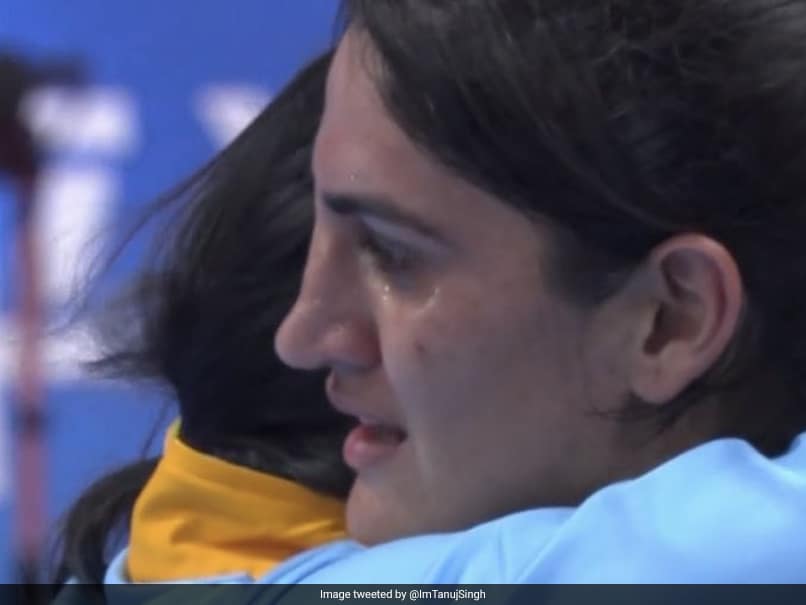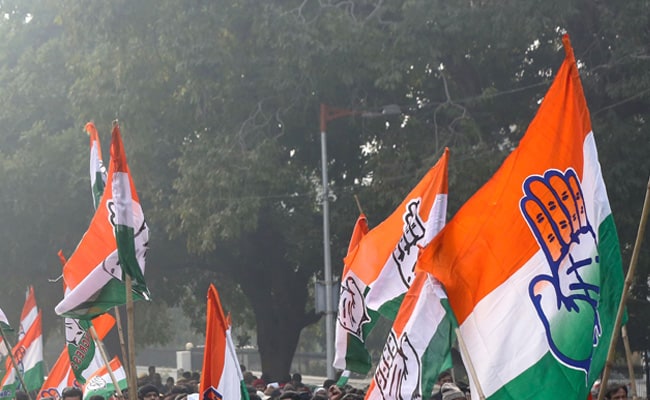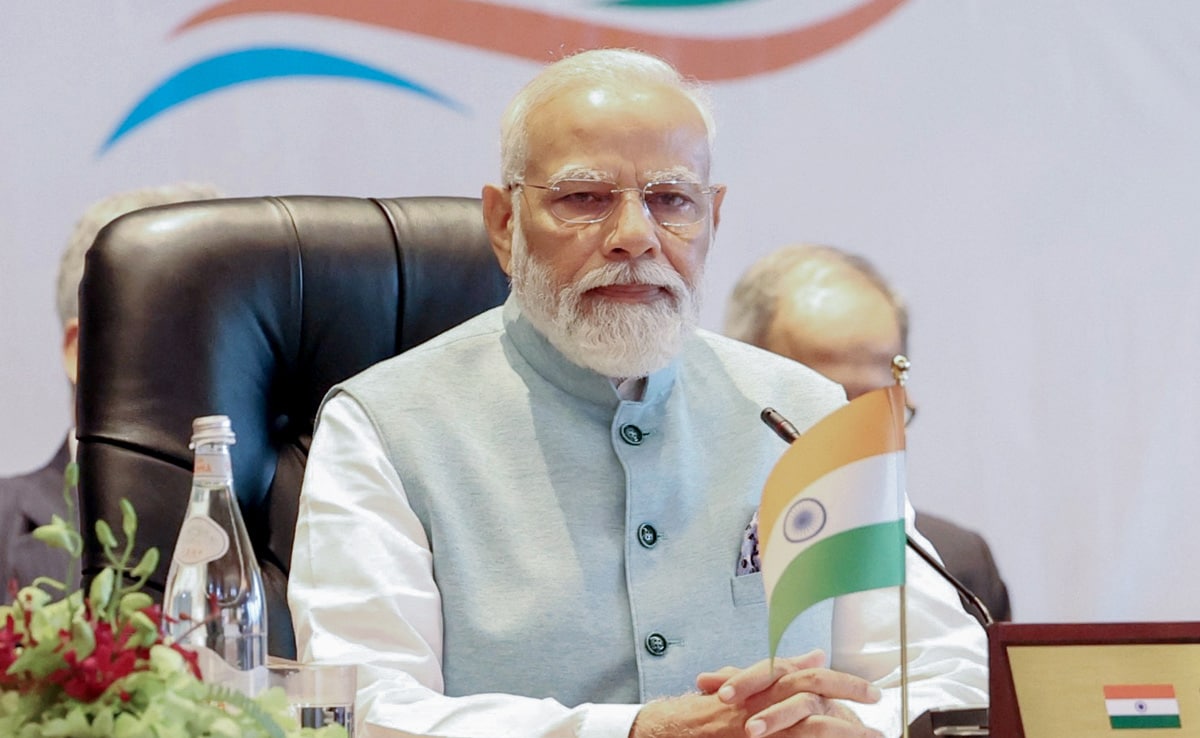Mr Jaishankar said no other G20 chair went through the exercise of talking to 125 countries.
New Delhi:
India has nothing against talking, but it should, and has, led by example in its efforts to combat climate change, External Affairs Minister S Jaishankar has said.
In an exclusive interview with NDTV’s Editor-in-Chief Sanjay Pugalia, the minister was asked about global “talk shops” and western countries lecturing India without knowing how the country is taking various steps, like being on the path to becoming the number one nation in the use of solar power.
Mr Jaishankar said he agreed that there is, sometimes, too much talk in talk shops and people who lecture others don’t practice what they preach. He said, however, that he is not against talking because debate and discussions are the way to take things forward.
“But what we should do is through our actions and through our example… when India increases the use of renewables, when we demonstrate how big a change can happen through the use of LED bulbs, we are also talking seriously about electric mobility… so we also have to show the world through our actions,” the minister said.
“We have to debate in debating forums, we should not leave the battlefield there. In Paris, it was decided that there would be an annual commitment of 100 billion dollars. That hasn’t happened, but we have to keep repeating it to make people feel ashamed. They have to be told this was their promise and they didn’t fulfil it. So, we are here, we are not alone, we have 125 countries with us, whom we call the voice of the global south,” he added.
Mr Jaishankar said India is a developing country and, because it is a member of the G20, being the voice of the global south is its responsibility. He asserted that this is not a responsibility that India has assigned to itself, but it has consulted 125 countries. He said no other G20 chair went through the exercise of talking to 125 countries and asking them what their worries are because they are not on the table.
“So putting issues forward on their behalf is very central. And particularly when it comes to climate, because the climate situation is getting worse. We are seeing it in our country, our neighbourhood, across the world. This is not a different department. We have to remember this is a globalised world. Today, climate emergencies, climate disasters, because they are happening more regularly, more strongly, they have become a major economic disruptor,” he said.
One of the problems with the way globalisation is today, Mr Jaishankar said, is that things are produced in different places and if supply chains are interrupted because of climate factors, the whole economy can be jeopardised by climate events.




















